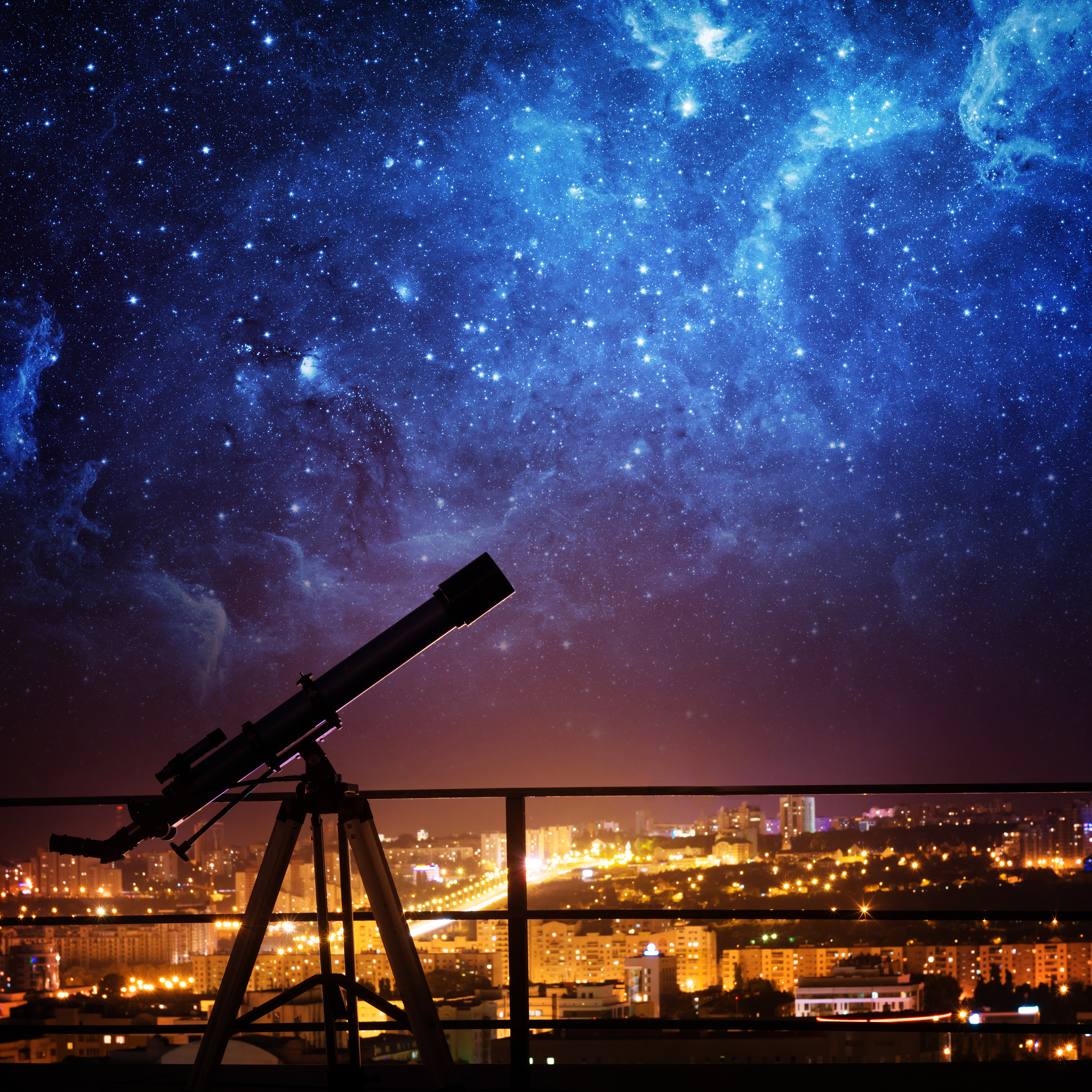The solar eclipse frenzy started a bit of a space obsession for many people. So, if you haven’t had your fill of the cosmos, you can watch a huge asteroid pass over Earth next month using a small telescope and possibly a pair of binoculars. The asteroid will resemble a slow-moving star in the sky.
Dubbed Asteroid 3122 Florence, the space rock is the largest asteroid to pass this close to our planet in over 100 years, according to Paul Chodas from the Center for Near Earth Object Studies. It’s about 2.7 miles in diameter, reports Earthsky.org.
How close will the asteroid be to Earth? It will be much farther away than the moon is from our planet, so there’s no danger to humans. Florence will be 4.4 million miles away, or about 18 times the average distance between the Earth and the moon. Chodas noted, “Although many known asteroids have passed by closer than this, all of them were smaller asteroids.”
When the asteroid passes by in late August and early September, it will be bright enough to be viewed through a small telescope. It may also be visible through a pair of binoculars if conditions are just right, according to NASA solar system ambassador Eddie Irizarry.
While many amateur star gazers will be watching the asteroid, astronomers will also be making “detailed measurements” of the near-Earth asteroid. Chodas explained, “In particular, radar scientists expect to obtain high-resolution images of Florence that could reveal surface features as small as about 10 meters (30 feet).”
Asteroid Florence will be traveling 30,266 miles per hour. However, its distance will make its speed appear slow to observers on Earth. Irizarry recommends that star gazers “keep watching the fairly bright asteroid for about 5 to 10 minutes to detect its movement across the stars.”
The space rock will be closest on Sept. 1 but will by visible as early as Aug. 27 in the constellation Piscis Austrinus about 19 degrees above the southern horizon.
Astronomer S. J. Bus discovered the asteroid in 1981. It was named after Florence Nightingale, who founded modern nursing. If you want to see Asteroid Florence, now’s the time to do it. It won’t pass this close to Earth again until after 2500.


